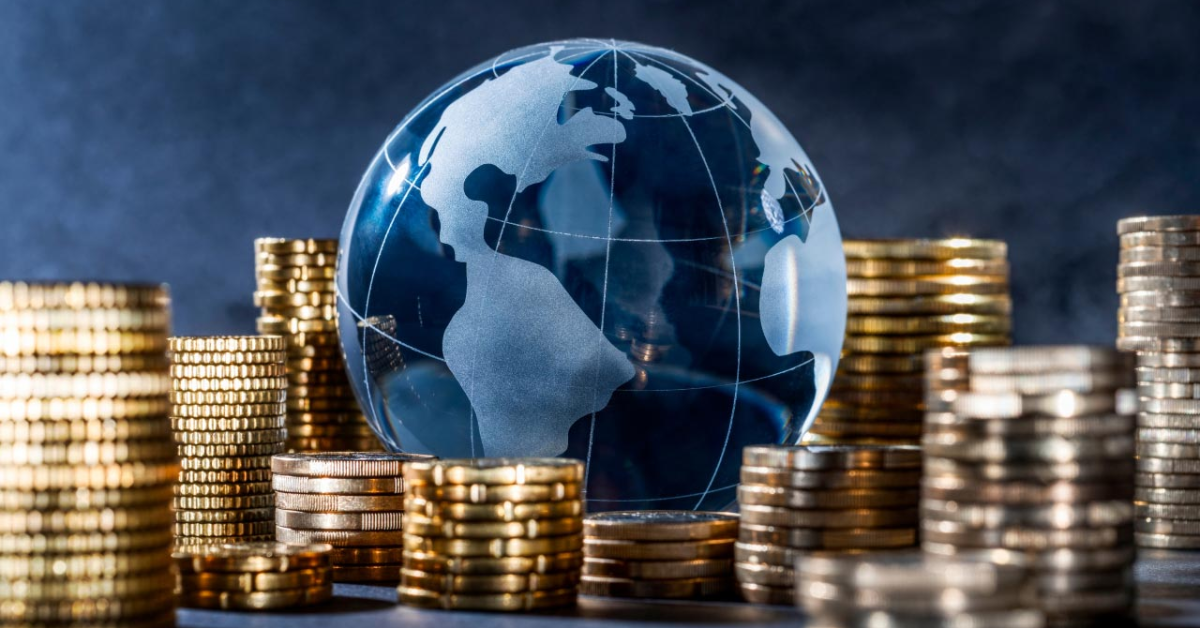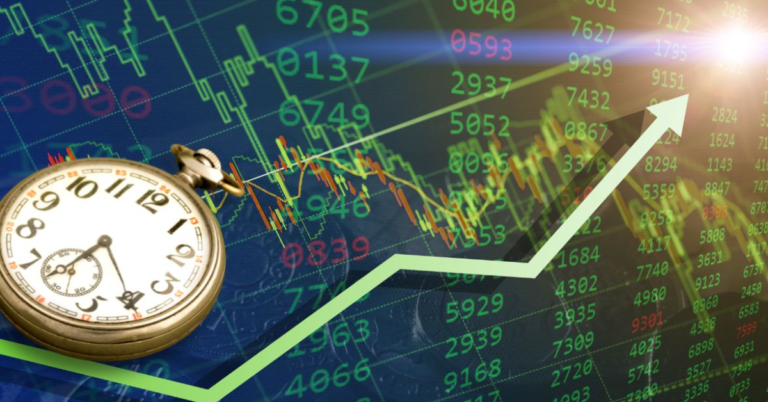How Forex Market Volatility Impacts Global Economies and Everyday Consumers
Foreign exchange (forex) trading isn’t just the playground of big financial institutions and investors; it has a significant impact on everyday consumers, economies, and even the prices of basic goods. The constant fluctuations in currency values influence a wide range of sectors, from the cost of imported products to the stability of national economies. Understanding these impacts can help consumers, businesses, and policymakers make informed decisions in a highly interconnected world.
What Causes Forex Market Volatility?
Forex market volatility refers to the rate at which the value of a currency fluctuates. Several factors contribute to this volatility:
- Economic Indicators: Factors like interest rates, inflation data, GDP growth, and unemployment rates can cause significant changes in a currency’s value. For instance, when the U.S. Federal Reserve raises interest rates, the dollar usually strengthens because higher rates attract foreign investment.
- Geopolitical Events: Political instability, wars, or even elections can lead to sudden currency fluctuations. For example, the value of the British pound dropped sharply after the Brexit referendum.
- Market Speculation: Traders’ perceptions about future economic conditions or political changes can influence market movements. If traders believe that a country is facing economic challenges, they might sell off that country’s currency, causing its value to drop.
These factors, among others, create a dynamic environment where currency values can change rapidly, sometimes in unpredictable ways.
How Currency Fluctuations Affect Global Economies
The forex market is the largest and most liquid financial market in the world, with daily trading volumes exceeding $7 trillion. The effects of changes in the forex market extend beyond financial institutions and impact the global economy in various ways.
1. Impact on International Trade
Currencies play a vital role in international trade. When a country’s currency weakens, its exports become cheaper for foreign buyers, which can boost sales abroad. Conversely, imports become more expensive, potentially increasing the cost of goods for consumers. For instance, when the Japanese yen weakens, Japanese cars and electronics become more affordable in foreign markets, potentially increasing demand.
2. Effect on Inflation
A weaker currency can lead to inflation as the cost of importing goods increases. For countries that rely heavily on imported goods like fuel, food, and raw materials, a declining currency value can lead to higher prices, impacting the cost of living. For example, the Turkish lira’s sharp decline in recent years contributed to rising inflation in Turkey, increasing the cost of everyday goods for its citizens.
3. Foreign Investment
Forex market volatility can affect foreign investment. A stable currency can attract foreign investment, leading to economic growth. Conversely, countries experiencing high volatility may deter foreign investors, potentially impacting job creation and overall economic stability.
How Forex Volatility Affects Consumers Directly
While forex trading might seem like a distant concern for the average person, its effects trickle down to consumers in several ways:
1. Cost of Goods and Services
When currencies fluctuate, the cost of imported goods like electronics, food, and fuel can change, affecting consumer prices. For instance, if the value of the Indian rupee drops against the U.S. dollar, the cost of importing oil increases, leading to higher fuel prices for Indian consumers.
2. Travel Costs
For individuals who travel internationally, currency exchange rates can impact the cost of their trips. If your home currency weakens against the destination’s currency, your expenses for accommodation, food, and shopping increase. Conversely, a strong home currency can make travel cheaper.
3. Interest Rates on Loans
In some cases, central banks may adjust interest rates to stabilize their currency. If you’re a consumer with a mortgage or loan, changes in interest rates can affect your monthly payments, potentially making it more expensive to borrow money.
Using Forex Robots to Navigate Market Volatility
Given the complexities of the forex market, many traders turn to automation tools like forex robots to handle their trades. These robots are algorithms designed to execute trades based on specific criteria, potentially reducing the impact of human emotions like fear or greed.
The Benefits of Forex Robots:
- Speed and Efficiency: Forex robots can quickly analyze vast amounts of data and make trading decisions within seconds, which is crucial in a fast-moving market.
- 24/7 Trading: Unlike human traders who need sleep and rest, forex robots can operate continuously, ensuring that opportunities are not missed due to time zone differences.
- Minimized Emotional Trading: By sticking to pre-programmed strategies, forex robots can avoid impulsive decisions, which can be especially beneficial during periods of high market volatility.
Potential Risks:
However, it’s essential to understand that a forex robot isn’t foolproof. Market conditions can change rapidly due to unexpected geopolitical events or economic data releases. Robots relying on historical data may struggle to adapt to new patterns, which can lead to losses. Therefore, traders should always monitor their automated systems and be prepared to intervene if needed.
Tips for Protecting Yourself from Forex Market Volatility
While individual consumers may not have control over forex market fluctuations, there are ways to protect oneself from the adverse effects:
- Diversify Investments: By spreading your investments across different asset classes and currencies, you can reduce your exposure to the risks of currency volatility.
- Use Hedging Strategies: Businesses involved in international trade can use hedging strategies to protect themselves from adverse currency movements. For instance, forward contracts allow companies to lock in exchange rates for future transactions.
- Stay Informed: Keeping an eye on economic indicators and geopolitical events can help you anticipate potential currency fluctuations. This is particularly important for consumers and businesses making significant purchases or investments in foreign currencies.
Conclusion
The forex market’s influence on the global economy and consumers is profound. Whether it’s the cost of groceries, the price of fuel, or the expenses of a vacation abroad, fluctuations in currency values play a crucial role in everyday life. By staying informed and leveraging tools like forex robots, both traders and consumers can better navigate this volatile landscape. However, it’s essential to remember that while automation can provide an edge, there’s no substitute for a well-informed strategy and ongoing vigilance.
Stay in touch to get more updates & alerts on VyvyManga! Thank you






